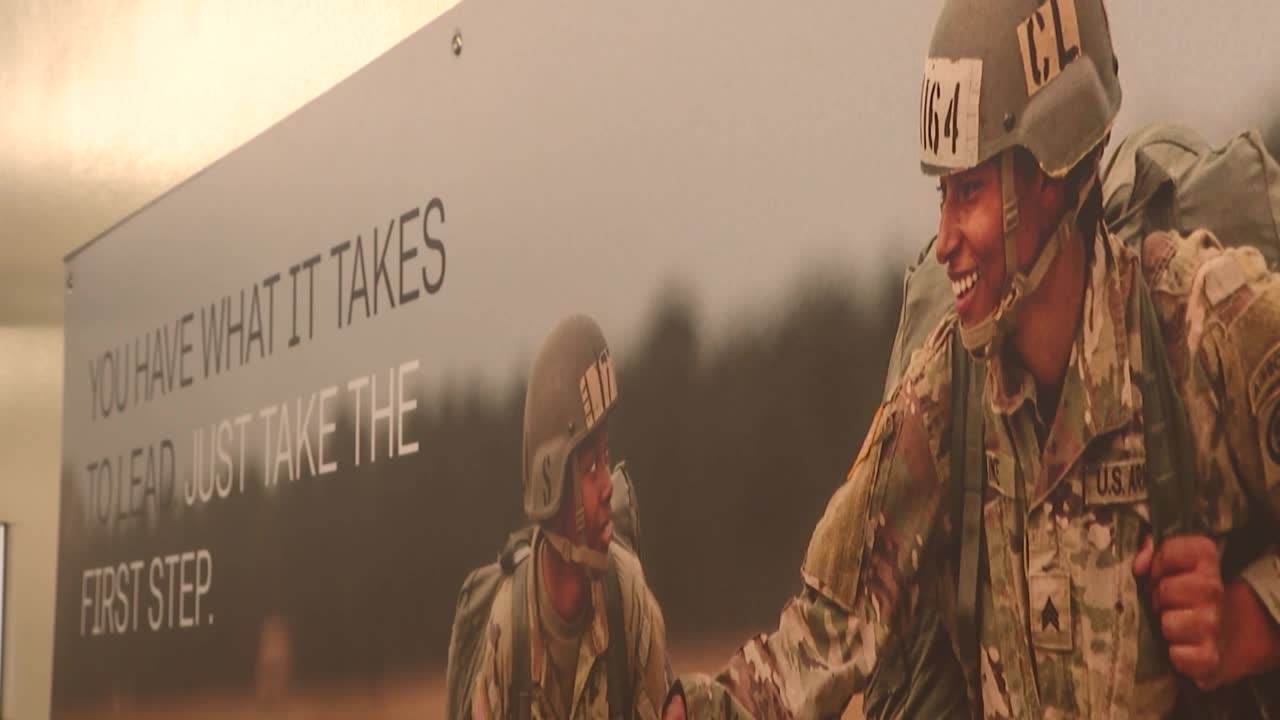In July, the U.S. Army Cadet Command announced that the Cal Poly Army ROTC program and others across the country would be no more at the end of next year. However, since then, things have changed and the program that’s been at the university since the 1950s is here to stay.
What is the Army getting from an officer commissioned out of Cal Poly’s ROTC program?
“U.S. Army, in my opinion, is getting one of the highest quality of officers," said Cadet James Casper.
“They have all the requisite leadership attributes that have been trained and developed, and they get somebody who doesn't quit when things get tough," said Major Jeremy Rathbun with the university's Military Science Department.
Things were tough when, back in July, the U.S. Army Cadet Command announced cuts to multiple ROTC programs across the country, including Cal Poly.
“I was pretty anxious for two, three months right there," Casper admitted.
After hearing the program was cut, Casper and others wondered what would happen next.
But at the end of August, theirs and other programs that were originally slated to be removed by the U.S. Army were retained after “a comprehensive review and consideration of feedback from community leaders and key stakeholders," according to LTC James Delongchamp, Director of Public Affairs at U.S. Army Cadet Command.
Congressman Salud Carbajal was one of the stakeholders who sent a letter to the Army requesting that Cal Poly be reinstated, saying in a statement that “cutting ROTC programs from our nation’s leading universities could hurt our military’s recruitment efforts and readiness. Preserving this program will continue to provide Mustangs with opportunities to serve their country.”
“I'm super excited that I'll be able to finish out the program and have like the full cadet experience. I was a little bit worried about that," Casper said.
Having produced over 1,400 cadets since the 1950s, ROTC will continue at Cal Poly, but it will become an extension of the program based out of U.C. Santa Barbara.
Delongchamp said that change will have little effect on the cadets.
"They will continue to take classes and conduct training on their campus but will receive additional resourcing and support from their host program at U.C. Santa Barbara," he said.
“We're also happy because now it gives incentive for like the younger cadets to come in and give it their all," Casper said.
Over the summer, six Cal Poly cadets trained with over 5,000 cadets from all over the country at the annual Cadet Summer Training in Fort Knox, Kentucky. Those six had the best combined average score among any Western universities.
“Their performance speaks to the reason behind wanting to keep this program open is the access to the individuals who make up the program here," Rathbun concluded.





